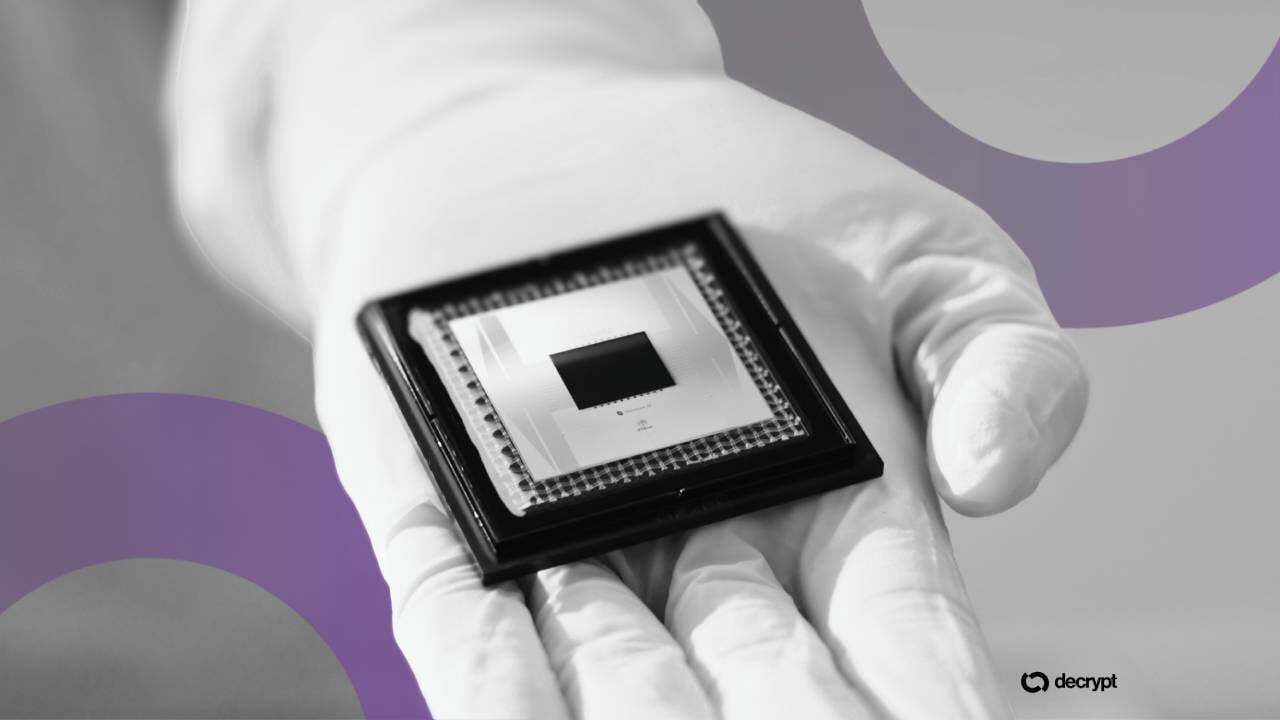Ethereum Foundation launches portal to attract institutional investors
The Ethereum Foundation opened a dedicated site with information for institutions, signaling the chain’s goal of attracting mainstream capital. Ethereum aims to serve both crypto natives and traditional financial companies as part of its future development.
The Ethereum Foundation opened a live portal for institutions, underscoring its goal of attracting mainstream capital. The new landing page presents Ethereum as a reliable network with over a decade of uptime.
The Foundation announced that Ethereum is set as a neutral layer to bring the world’s financial operations on-chain. The recent drive follows Ethereum’s plans for ‘Trillion Dollar Security’, aiming to onboard finance at scale.
The Ethereum Foundation started more deliberate marketing efforts, presenting the privacy capabilities of the chain, as well as the scalable L2 networks. The Foundation shifted from supporting small-scale crypto native projects to attracting global capital.
Ethereum to guide businesses, financial companies to go on-chain
The Ethereum Foundation has also assigned an Enterprise Acceleration team to guide businesses to Ethereum and show potential use cases for financial companies. The institutional page boasts the engagement of BlackRock, with its tokenized money-market fund.
The Ethereum Foundation, as a governing body, remains fully legalized, based on Switzerland’s foundation laws. ETH is also not considered a security. The Ethereum ecosystem gained wider acceptance in the USA with the current crypto-favorable administration.
The Foundation presented the main use cases for Ethereum as RWA and stablecoins, decentralized finance (DeFi), privacy, and the potential to use or launch scalable L2. A drive to onboard more institutions follows years of crypto-native activities with gaming, NFT, and memes, which are outside the scope of the business portal.
Ethereum prepares for scalability
The Ethereum chain moved a step closer to the Fusaka update after moving the testing to another pre-launch testnet. The Hoodi testnet has been upgraded to Fusaka and will be the final stage of the hard fork before the main net upgrade in December.
The Fusaka update will increase the block gas limit from 45 million to 150 million, thereby increasing the available space for computation.
The increased gas limit will also boost Ethereum’s capacity for carrying transactions from L2. It would also be cheaper for L2 to secure its chains on Ethereum.
In the past few months, Ethereum has also shifted its use cases, with stablecoins and DeFi among the biggest sources of activity. After the Fusaka upgrade, Ethereum will be able to process more transactions and smart contract activity, without showing signs of congestion or raising prices significantly.
In the past few years, Ethereum has rarely experienced congestion or fee spikes, making the network more predictable for DeFi activity. Ethereum remains the most attacked network, due to its long-running record of smart contracts and the ease of mixing ETH and Ethereum tokens through Tornado Cash.
The smartest crypto minds already read our newsletter. Want in? Join them.
You May Also Like

Ethereum Set to Debut ‘Key to Layer-2 Scaling’ as Fusaka Upgrade Clears Final Test

IBM’s Quantum ‘Cat’ Roars: 120-Qubit Breakthrough Pushes Bitcoin’s Encryption Risk Closer
